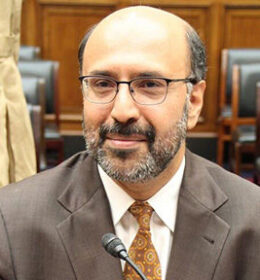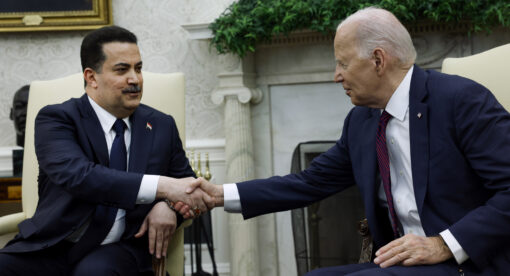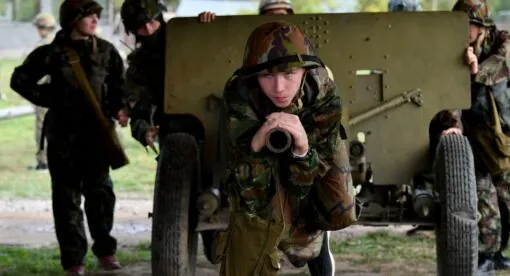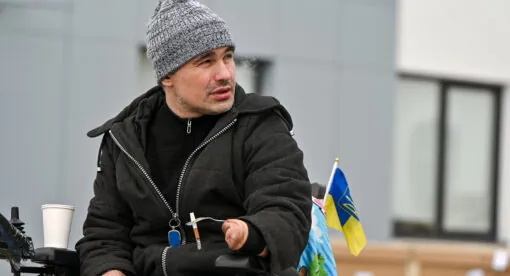The Lodestar, Episode 26
The Newlines Institute is proud to release this Special Edition of its podcast series, The Lodestar, which is a joint production with the Near East South Asia Center for Strategic Studies (NESA) at the National Defense University (NDU). Newlines Institute’s Kamran Bokhari sat down with Hassan Abbas, NESA distinguished professor and Newlines Institute Senior Fellow to discuss the state of negotiations for peace in Afghanistan. Abbas, who recently wrote an article for Newlines Institute on the subject, argues that all the regional players and outside stakeholders – including the United States, Russia, and China – need to have a seat at the table to negotiate with the Taliban.
Pakistan, India, Iran, China, Russia, and the United States are all involved in Afghanistan in some form, but all these players except the U.S. feel they have been left out of negotiations, Abbas says. Each one of these powers has developed its own ties to Afghanistan, whether in terms of alliances or investments. These ties have allowed them to try to push their own agendas within Afghanistan. Even Qatar has become involved, supporting the Taliban by providing them a base.
In the meantime, the Taliban have become a multitude, with various branches, Abbas says. There is more than one Taliban, and that will complicate matters for any parties trying to reach a peace deal in Afghanistan. Although Pakistan has supported the Afghan Taliban, they are not in control of the various segments of the Taliban.
India will play an important role in controlling Iran’s involvement in any Afghan peace talks in order to bridge the gap between Tehran and Washington. And of course, Russia and China’s involvement in peace negotiations would be very important from the U.S. security perspective.
Abbas says that the constant flux in Afghanistan shows that if all the stakeholders are not on the same page in working toward peace in the country, instability, chaos, and violence will continue.
The views expressed in this article are those of the author and not an official policy or position of the Newlines Institute.







